Source: Should You Write an Outline? | by Jo Robinson
My answer? No. Outlining is taught to readers during their childhood, by schoolteachers who use it to analyze completed and edited fiction (which probably wasn’t written from an outline), as a way to explain story structure. The true use of outlining is in non-fiction, which relies on facts organized to fulfill a specific purpose.
Outlining fiction in advance causes frustration in many who try to adhere to the practice. How many times have you read blog posts by writers who are suffering from “writer’s block,” or who complain that their characters are “running off” with the story? I’ll bet an advance outline was usually involved. If used at all for fiction, outlining properly belongs at the end, when writing is completed, to be used as a tool to evaluate the continuity of a story, in case developmental editing is needed, in addition to copy editing and proofreading.
Jo’s post is also an interesting look at Stephen King and Dean Koontz. I guess I’m a King-Koontz hybrid; possibly more at the Koontz end, because I revise as I write. I think King said Kurt Vonnegut worked that way, too. (Of course, our genres don’t match – I’ve never read any fiction by any of them, and only King’s how-to book. But I digress.) The success enjoyed by these famous pantsers shows that because Writing is a Fine Art (not a craft), any rules about it should serve the purposes of communication and creativity, and not attempt to control them.
National Novel Writing Month operates on hell-bent-for-leather pantsing, to get to the 50K word goal. The only reason to create an outline during NaNoWriMo is because it can be legitimately added to your word count. After that’s done, however, to pay attention to an outline is to invite writer’s block, and what NNWM calls “your inner editor” to wreak havoc with your writing momentum.
Outlining can help non-fiction writing, but my impression (based on reading individual writers’ blogs, and NaNoWriMo forum discussions) is that it’s of poor utility to creative writers. Instead of the fiction writing process being a 50/50 pantser/planner proposition, its distribution may be skewed. Spontaneous, organic writing may be how most of us really write fiction, but even if outlining doesn’t work very well for writing stories, the habit, mistakenly applied to fiction since childhood, is strong enough to be self-perpetuating. For many, it spoils the writing experience.
Do you suffer from writer’s block? Are you upset because your characters are misbehaving? Are you outlining because it’s said to be the right way to write, or that it’s the only way to produce good writing? Is your outline growing in detail and complexity, but your novel isn’t progressing? Are you reluctant to let go of the outline, because that could mean you have no discipline? Have you ever felt guilty of quitting, because you couldn’t finish writing a story you had outlined? In the past, did you dutifully produce outlines, but didn’t follow them, after all? When a teacher required an advance outline as part of a writing assignment, did you quickly write the assignment first, and then outline it? (The last experience is mine, and I’ve seen the others in writers’ blogs.)
Are you looking for commonsense suggestions to help make your writing life less stressful and more enjoyable? Try The 7 Reasonable Rules of Writing:
Excellent spelling.
Good grammar.
Sufficient correct punctuation for signage on the path to meaning.
Thorough research.
Understanding of literary conventions.
Love for language and loyalty to its complete lexicon.
Writing by inspiration, rather than controlling the performance of the tale.
We must all follow our own writing process, but we must make sure it honestly feels good to do it that way. If we don’t enjoy writing, we’re not doing it right.


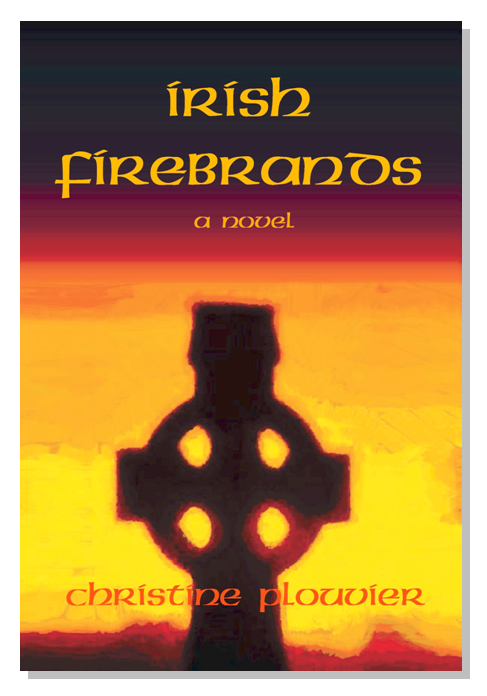
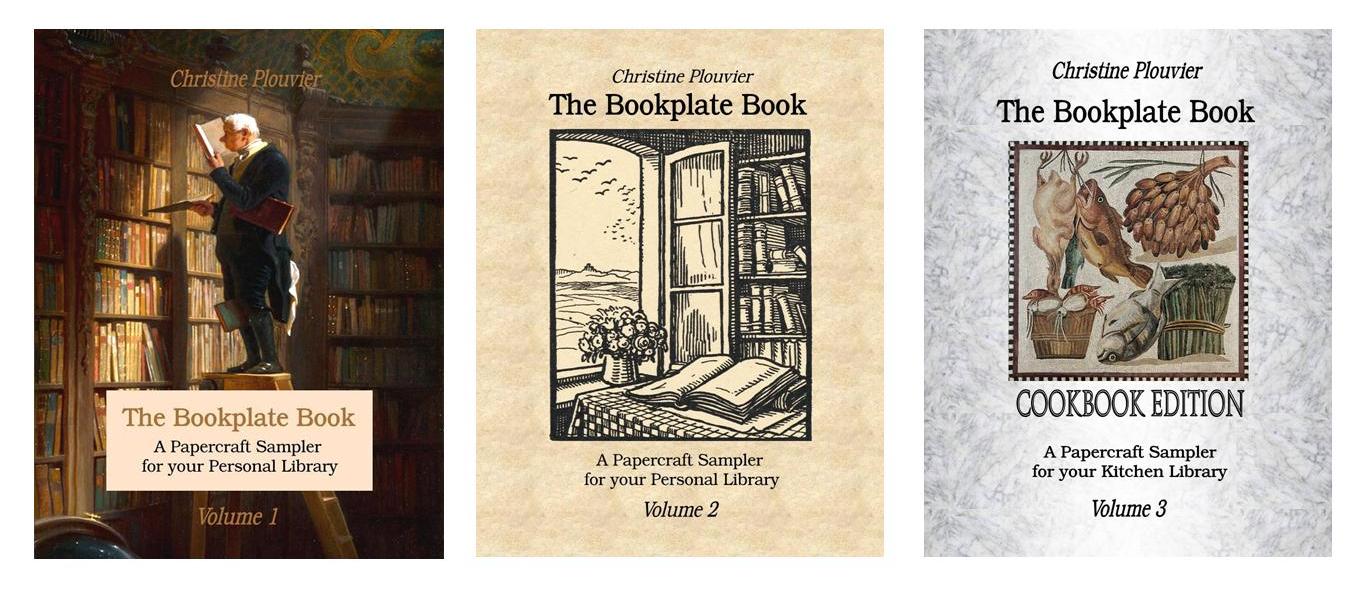


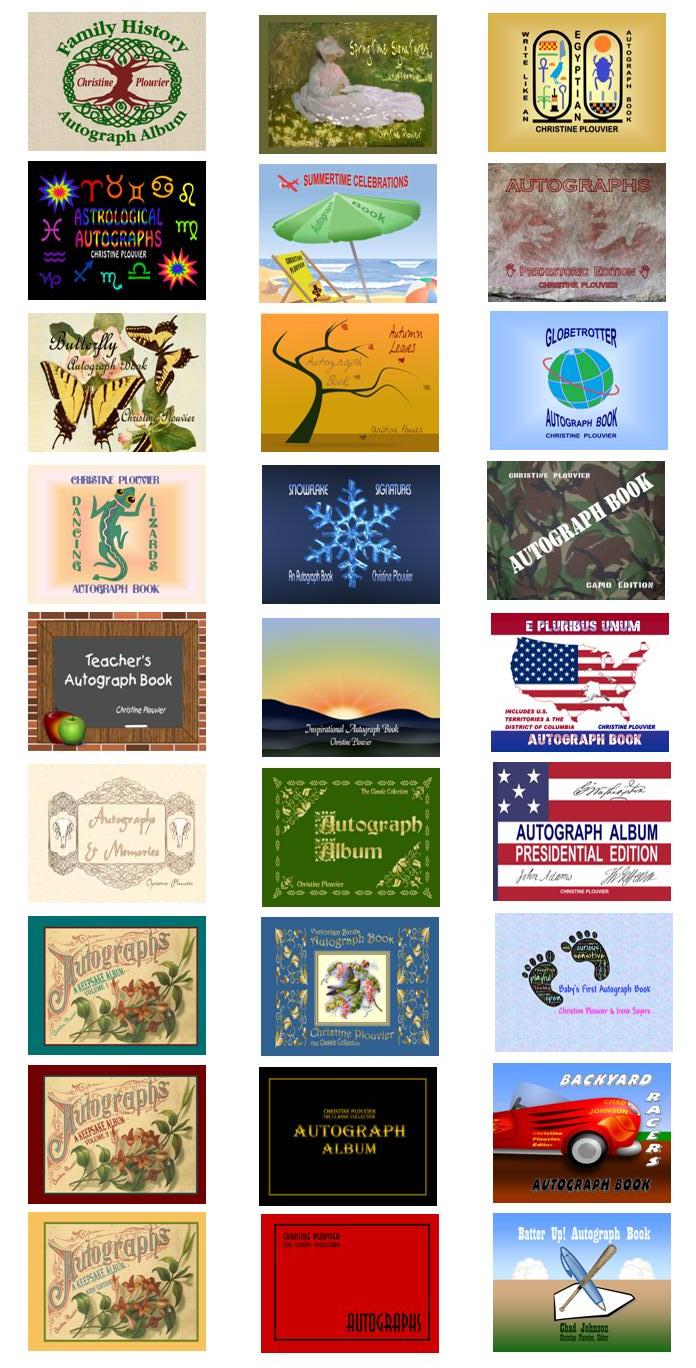

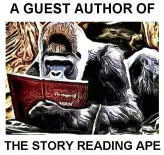

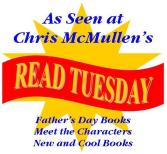
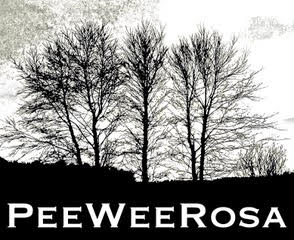



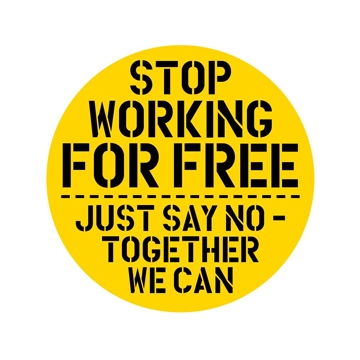

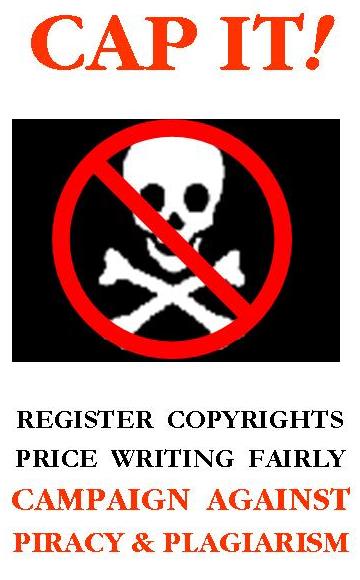


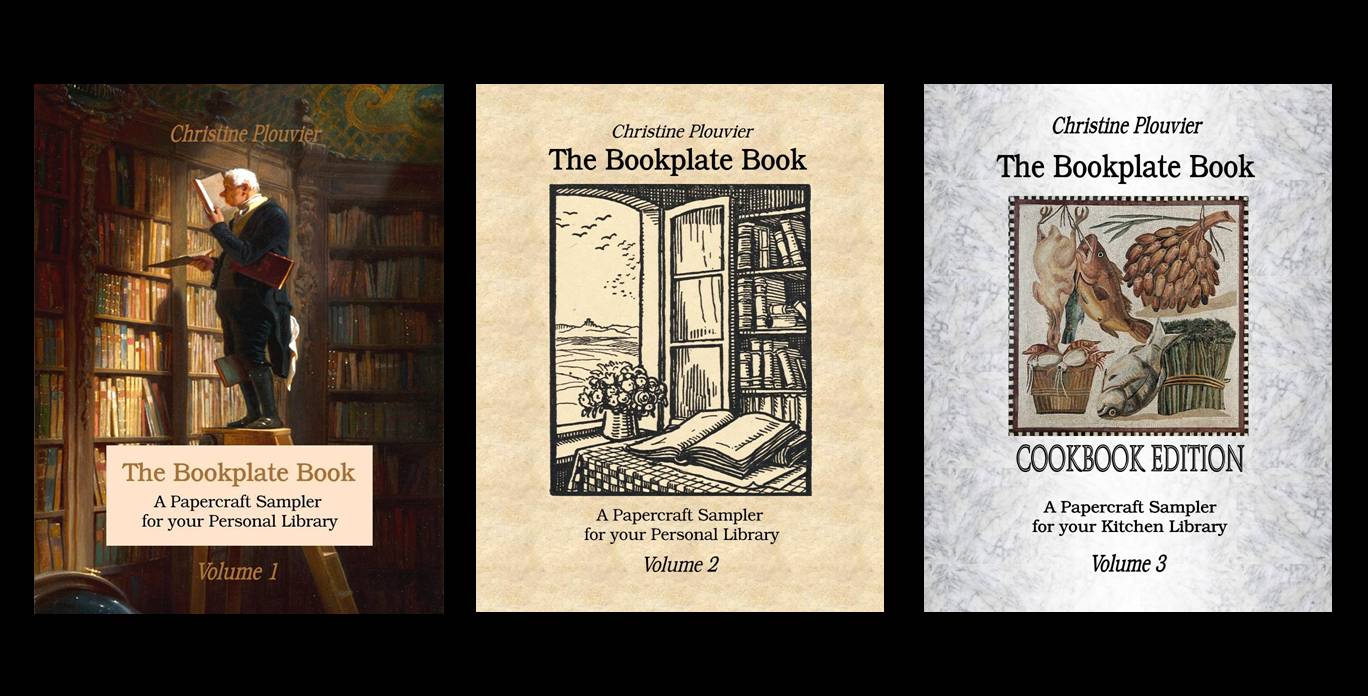

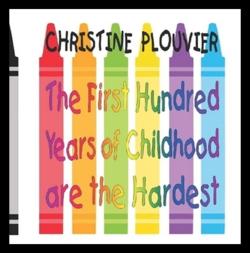
I outline using a storyboard. I usually follow it all the way to the end of Act One. After that, it usually requires a bit of flexibility.
LikeLiked by 1 person
Flexibility is the key. Far too many writers still remember the terrifying teacher with the red pencil.
LikeLiked by 2 people
That format is a nightmare too. It doesn’t spark creativity at all.
LikeLiked by 1 person
Pure Panster!
LikeLiked by 1 person
Interesting. I’m just the opposite–I’m a big believer in outlines for myself. I think they’re the reason I’ve never had writer’s block. I always know which direction to go. But that doesn’t mean I’m fenced in. I can make changes, and I often do. But I find it’s easier to change things in an early draft phase than later on. I think for thrillers, outlines are particularly helpful. You want to make sure you have the proper structure for escalating tension and that all your story points are where they need to be.
Others love flying by the seat of their pants. So I guess whatever keeps us moving forward is the technique we should use!
LikeLiked by 2 people
I’ve never had writer’s block, and I never outline. I don’t write in a linear fashion, either, so there’s always a scene someplace that I feel like working on, whether it’s to produce new material, or to revise prior work.
LikeLike
I think the key is for writers to find what works for them. If they’re feeling stuck, then a different approach would be worth a try.
LikeLiked by 1 person
Sadly, too many seem to be stuck on doing what they’ve been told is the “right” way to write. Now, if a pantser wants to outline something that’s already written, to see how it hangs together, that’s a good idea. But no one should feel obligated to write in a manner that just causes anxiety.
LikeLike
Absolutely.
LikeLike
I’m going to raise my hand in defiance of outliners. I write science-fiction thrillers and without an outline I’d be lost. That doesn’t mean my outlines are fixed in stone, just that I know what I’m aiming for and roughly how I get there. If a character decides to act differently, I can use my outline to understand how their actions impact on the story further down the line and any areas I’ll need to adjust. My outline is more of a guide than a blueprint. An outline for one of my scenes can vary from being a blow-by-blow account of what happens to “Character A comes up with an ingenious way to escape her predicament” and everything in-between.
I’ve tried pantsing but it didn’t work for me and was the only time I suffered from writers block. That said, I’m a great believer that each writer’s process is different and you need to find what works for you. If it’s pantsing, great. If it’s outlining, great. The best thing to do is try things out.
One point other point I’d like to make is that while I love Stephen King’s work, his endings often let his stories down, and I wonder if that’s to do with him panting rather than outlining (note: I’m not saying every pantser writes bad endings before everyone jumps down my throat).
LikeLike
Carrie Rubin advocated outlining for thrillers, too. Craig Boyack’s storyboard may also work, or even an organized system of taking notes. Your flexibility is what makes it work, but there are others who fear to deviate from what they think is the only way to write well, and that makes them miserable: “If I make this change, I’ll have to throw away everything I’ve done, and start over!” they moan.
That’s also why I’m not the kind of pantser who just writes and doesn’t look back until the end. I cultivate and weed the fields as I walk the farm, which means that the evolution of the characters and the plot can proceed naturally, avoiding infestations and other unpleasant surprises at harvest time.
Thanks for visiting and commenting!
LikeLiked by 1 person
There’s definitely an element of “different people work different ways here.” To say that outlining is never needed for creative writing is a broad generalization. I don’t outline because a teacher told me I had to. I outline because it makes the writing process so much easier. My biggest NaNo successes have been in the years where I had the most detailed outlines. That said, I understand that if, during the writing, the plot or characters start to veer off from the outline, it’s okay. I don’t stop and claim writer’s block or complain that things are a mess. I follow it and either fix the outline or pants from that point on (usually depending on how far into the outline/story I am when it happens).
I can agree that outlining becomes a problem if the writer wasn’t taught and didn’t learn for themselves that in creative writing, unlike essays, sticking with the outline isn’t crucial. Or if the writer things they have to outline like they did in school, with the Roman numerals, instead of the plethora of other outlining options.
I doubt I’ve done as much reading of other writers’ thoughts and opinions on the subject as you have, but I have done a lot in the last month, and I haven’t seen the same results you have. I’ve actually seen more of a split, but even more than that, it seems to me that most people fall into a vast middle ground between planning and pansting. Having some degree of a plan, even some type of outline, and expecting to change directions as needed.
As you said, we all must follow our own writing process. I’ll agree there may be people making outlines who would really work better as pantsers. But there are also pantsers who realize after some time that they do better with an outline.
LikeLike
My observations are not at all scientific, but are based on what I’ve seen over about three years of blogging and doing NaNoWriMo. Most complaints have been in that rigid mindset you described. There were problems with outlines that were no longer working, and also with pantsers who were unhappily trying to ignore the need to revise previously written material, while a work was in progress. Either way, people can end up writing themselves into corners.
For a pantser to put off evaluation and revision to the end is a way to get overwhelmed by the process of organic writing, because of the mass of editing that’s then needed before the completed manuscript can be published. That may be why many pantsing attempts end in despair. In such a case, outlining the work after the fact would be a good way to start on the editing, but if the writer is a true pantser, it would be a mistake to change to advance outlining, when better attention to character development and plot evolution in works in progress would prevent a lot of pain at the end.
Your description of a vast middle ground of combined pantsing and planning is why the chart in the post looks the way it does. What I’ve learned about human psychology leads me to believe that the Art of writing fiction is fundamentally organic writing, and that the majority of storytellers would be better off not trying to outline in advance. They would be more comfortable writing by inspiration, freely writing without regard to chronology, and saving outlining techniques for continuity checks.
LikeLike
Interesting. I usually have to make some broad ideas of what I want to do. Some character summaries and key plot points. But this year I’ve been so busy with my movie blog and youtube channel I kind of forgot and am going to pants it more than normal. We will see how it goes!
LikeLiked by 1 person
You’re a speedy writer, so you’ll do well. I had toyed with the idea of working on the sequel (Medb’s story) but I’m still not well enough, and I have 3 doctor’s appointments in one week in mid-November. As long as it takes me to read and comment on a blog, or write my own blog post, NaNoWriMo just won’t work.
LikeLiked by 1 person
That totally makes sense. You can only do so much
LikeLike
I definitely agree with you, Christine! I am a pantser, and proud of it! Although in the early days, I felt I must be doing it all wrong, after reading lots of writerly advice. Now, I know lots of writers are pantsers, and that there are even famous trad pubbed ones… what a revelation! To plan a story in detail is to restrain creativity, in my view. It never worked for me, my characters always did their own thing, which was always better than anything I could dream up!
LikeLiked by 1 person
Oh, I should also say that I edit as I go along, too. It does slow the creative process down, but I can’t begin a new chapter without going over the previous one, and I think this encourages good continuity. Having said that, the main thing is to write, so whichever way works is best.
Also, reading through the comments there I see that you’ve not been well lately. Hope your doctors find a solution for you and you’re back to normal and writing fit soon!
LikeLiked by 1 person
Writerly advice often does more harm than good, I fear. Some of it seems calculated to make writers uptight, insecure and miserable. My intent is to encourage writers to relax, trust their instincts and enjoy their work. The kind of pantsing you and I do, is the most consistent with what I know about the psychology of creativity.
I’ve no idea whether Ernest Hemingway was being sarcastic or sincere when he said, “There is nothing to writing. All you do is sit down at a typewriter and bleed,” but the myth of the suffering artist needs to be debunked by someone with more credibility than I have.
I miss being able to put everything into my writing. As a retired Registered Nurse, and as a completely dissatisfied healthcare consumer, I think that solving my health problems is going to be largely up to me. I hope I’ll have some of the success you’ve achieved with independently managing Carys’s health. Thank you for your encouragement, and the example you set.
LikeLike